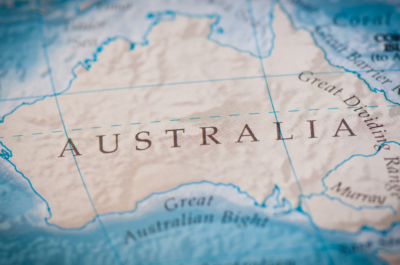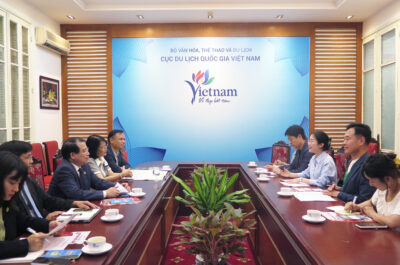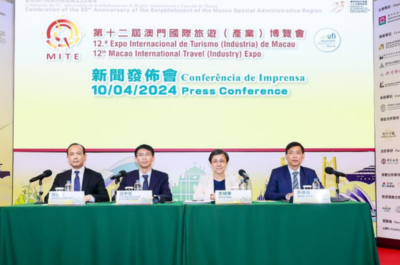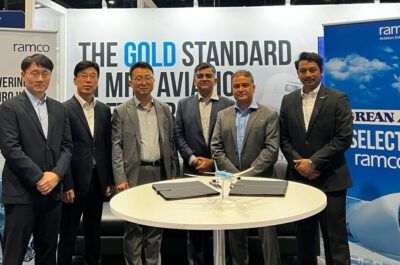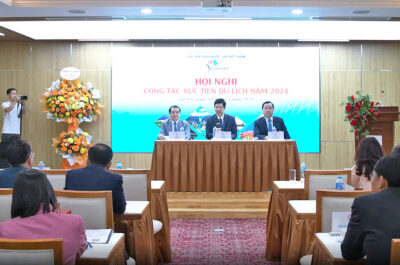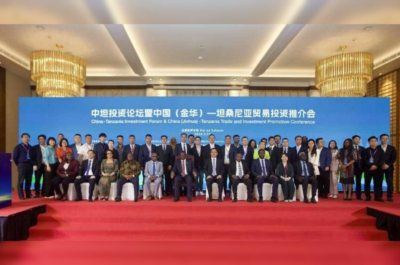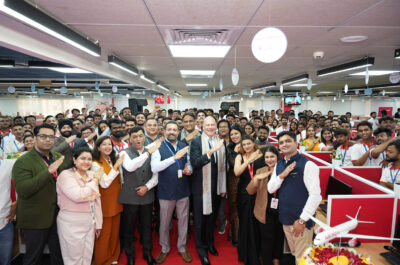This, coupled with the support from the government, regulators and industry players, provide Malaysia with the opportunities and potential as an emerging market to catch up to Singapore and to be the preferred fintech home in ASEAN.
Malaysian Digital Economy Corporation Sdn Bhd (“MDEC”) recently announced that Malaysia has the potential to become a digital hub for ASEAN as Malaysia is in a position to spread the growth of the digital economy throughout the region. Likewise, Ernst & Young’s ASEAN FinTech Census 2018 dubbed Malaysia as an “emerging fintech hub in Asia”. The country’s increasingly digitalised economy, which is tailored to boost start-up presence and draw in investors, together with support from Malaysian government and regulators, will also create a mature fintech ecosystem which will contribute to Malaysia’s potential to be the hub for digital economy of the ASEAN region.
Whilst Singapore stands out in terms of being a mature fintech market in the region this also means that there is an emerging opportunity for less-developed markets that are growing rapidly in terms of income per head, population growth, online access and smartphone usage. According to the Network Readiness Index (“NRI”), Malaysia is ranked at number 31 out of 139 countries in terms of their readiness to transition to a digitised economy and society. Whilst Singapore is ranked at number 1, the rest of the ASEAN countries were ranked quite low in the NRI (with ranking between 60 and 80). This measure is important for businesses looking to enter new countries as it can easily determine if the country can support a business that relies on the Internet.
This, coupled with the support from the government, regulators and industry players, provide Malaysia with the opportunities and potential as an emerging market to catch up to Singapore and to be the preferred fintech home in ASEAN.
The various regulatory authorities in Malaysia have set up various initiatives to promote the fintech industry, including:
- The “Alliance of FinTech Community” or “aFINity@SC”, was launched by the Securities Commission of Malaysia (“SC”) in September 2015. It is a focal point for development initiatives under Fintech and serves as a hub for raising awareness, nurturing the fintech ecosystem and providing policy and regulatory clarity to promote responsible financial innovation. In 2019, aFINity saw 109 engagements involving 91 participants with a total of 210 registered members.
- The Financial Technology Enabler Group (“FTEG”), was set up by Bank Negara Malaysia or the Central Bank of Malaysia (“BNM”) in June 2016. It comprises a cross functionality group within BNM, which is responsible for the formulation and enhancement of regulatory policies to facilitate the adoption of technological innovations in the Malaysian financial services industry.
- The Fintech Association of Malaysia (“FAOM”), was established by the fintech community in Malaysia in November 2016. It seeks to be the key enabler and a national platform to support Malaysia to be the leading hub for fintech innovation and investment in the region. FAOM aims, among others, to be voice of Malaysia’s fintech community and to engage with industry players including regulators in policy making in order to foster a healthy fintech ecosystem.
- In November 2017, the Malaysian government launched its Digital Free Trade Zone (“DFTZ”) to facilitate seamless cross-border trade and enable local businesses to export their goods with a priority for e-commerce. This is easily done through collaboration with Alibaba as the e-fulfilment logistics hub and e-services platform and establishment of Kuala Lumpur Internet City which will be the primary digital hub for the DFTZ.
MDEC introduced the “Malaysia Digital Hub” which supports local tech startups by providing, among other things, facilities to help them to expand globally. This includes:
- establishing “Orbit” as a co-working space for fintech startups to encourage innovative fintech ideas and to create an access to regulators through, among others, quarterly regulatory bootcamps with participation from both BNM and the SC;
- launching “Titan”, a platform where startups with proven potential can expand their business and reach in South East Asian and European markets via MDEC’s market access programmes;
- creating various initiatives, such as the Malaysian Tech Entrepreneur Programme, Global Acceleration and Innovation Network and the Digital Finance Innovation Hub to, among other things, encourage fintech founders to set up their business in Malaysia, provide opportunities for local and foreign investments, expand their market reach and accelerate innovation in digital financial services.
- setting up a dedicated Islamic Digital Economy unit and making available a board of Shariah advisors to help fintech startups make their financial products Shariah compliant. Doing so could potentially help them tap into the global Islamic economy that is expected to grow to the tune of USD3 trillion by 2021.
- BNM’s Interoperable Credit Transfer Framework policy was issued in March 2018. This policy aims to create a cashless payment landscape in Malaysia, foster efficient, competitive and innovative payment solutions, and promote collaborative competition between banks and non-bank electronic money (e-money) issuers through fair and open access to shared payment infrastructure.
- Various institutions and regulatory bodies in Malaysia made available, among others, the following funding/facilities/incentives for new and growing fintech startups:
- SC introduced regulatory framework for peer-to-peer (P2P) lending under the its Guidelines on Recognised Markets;
- Malaysia Debt Ventures Berhad started an Intellectual Property Financing Scheme to enable companies to use their intellectual property rights as loan collateral;
- Ministry of Finance established Cradle Fund Sdn. Bhd. to provide, among others, funding and investment assistance as well as commercialisation support, coaching and various other value-added services to potential and high-calibre tech startups; and
- ICT companies with “Multimedia Super Corridor (MSC) Malaysia” status granted by MDEC will be able to enjoy up to 100% income tax exemption for five years, which may be extended for another five years.
- FAOM is in discussions with Labuan IBFC and Labuan FSA on facilitating businesses in Malaysia and abroad to utilise the uniqueness of Labuan’s financial regulatory framework focusing on fintech startups, SMEs, growth and scalable companies that seek to tap on foreign investments and funds.
Theodore is the Co-Founder and Managing Editor of TravelDailyNews Media Network; his responsibilities include business development and planning for TravelDailyNews long-term opportunities.










































